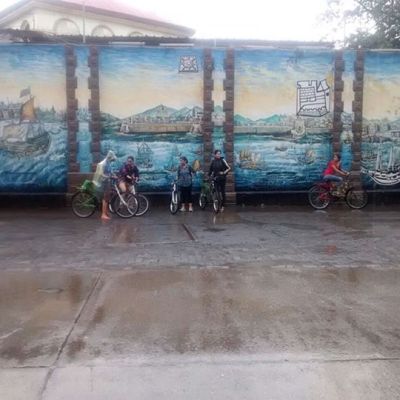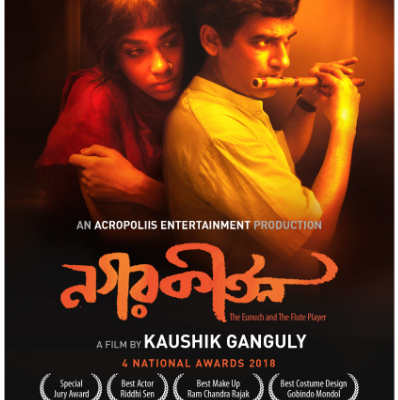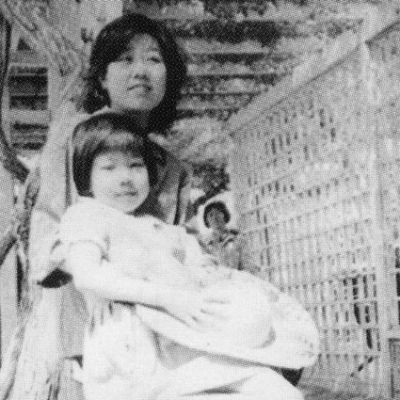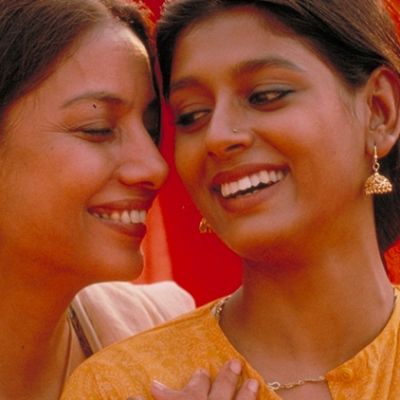Categories
I see people and places,
Couples and crushes
I hear giggles and whispers.
These are the secrets untold to me.
The Protection of Children from Sexual Offences Act, 2012 (POCSO Act), defines a ‘child’ to mean ‘any person below the…
From today’s vantage point I see that I missed an opportunity to use PT and sports in school as a way to get to know and move my body. This in turn held me back from viewing myself as a sexual being.
I would say that growing up in a small village would make it difficult to find love or companionship, but I have since moved to a city and found that it was difficult to find love there, too. It did not stop me from trying, though.
When one travels as a woman or indeed as someone who is not an upper caste, middle or upper class,…
To claim the public then in arbitrary, messy and oppositional ways, whether on the streets or online is to challenge the neoliberal impulse which is located in the creation of order. To create place, to stake claim, thwarts the desires for the sanitised neoliberal city and is a politics.
By Orinam Apr 13 2020 Post comment To the reader: we recognize that the English-language content below may not be…
The plot of the movie narrates the tale of the love that grows between two people who are struggling to survive in a world of rootlessness and are continuing to make a cosy home for themselves. The love between Madhu, who works as a food delivery boy, and Puti, who survives by singing at traffic signals, blossoms while they cross paths everyday at the traffic signal and the look that they exchange appears to us as if each of them is trying to find a home in the other.
I began to see Marriage / in Appa’s weathered hands, / smell Marriage / in the tea he brewed…
I was diagnosed with Fibromyalgia around July last year. For those of you who do not know what Fibromyalgia is, it is a condition characterised by chronic pain spread over some tender points across the entire body.
China’s family-planning policy was first introduced in the late 1970s to rein in the surging population by limiting most urban couples to one child and most rural couples to two children, if the first child born was a girl.
Therefore, the question of safe spaces and alternative families is pertinent to queer identities, that are so much more than imagined by a single dominant narrative.
When Deepa Mehta’s Fire came out in 1996, violent protests roiled India over the depiction of romance between two female leads. There is no homosexuality in India, demonstrators declared while burning effigies in the Capital. In contrast, when Margarita With A Straw came out in 2014, it received accolades for its sensitive portrayal of queer desire in a woman with disability.
This immense pressure to perform masculinity throughout each day and night not only impacts men’s wellbeing, but it also inevitably impacts the way they interact with the world around them. These interactions – this performance of control over oneself and others – reinforce the social norms and norms of power that drive gender inequality.














